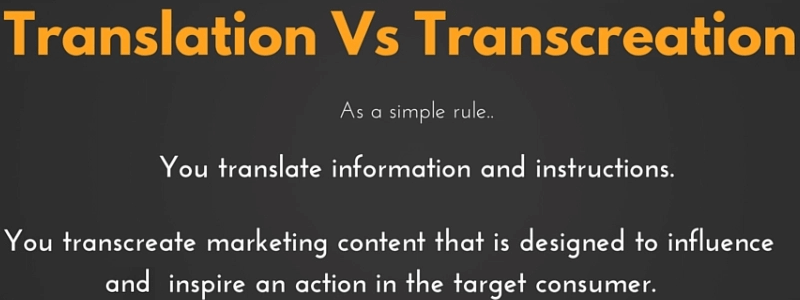The Power of the Native Language:
Speak to a person in a language they understand, and it goes to their head. Speak to them in their native language, and it goes to their heart.
It can be very effective to translate the material to the students native language. Because they are used to this language for their whole life since they were a child, they can trust it and understand it more deeply. Even for students who are very fluent in a language, their native language still has more power to persuade.
If you are bilingual, then I’m sure you will be more persuaded by a message in your native language. Let’s see this same quote in Chinese, and see what effect this has on you:
用他们理解的语言与人交谈,这会进入他们的脑海。 用他们的母语与他们交谈,这会深入他们的内心。
You can see that even though you are probably very fluent and used to using English, the second one has more power.
So how powerful is this effect?
It’s especially true and important in student recruitment. It is such a big decision to choose to study in another country across the world. They need to have the confirmation in their native language so they can trust that they are making the right decision.
This effect works at all levels. Marketing in a native language is always more powerful but there are different factors which influence how powerful this effect is:
– The level of their English (if it is C1 or C2), then it is going to have less of an impact
– How much they have used English and how confident they feel. If they have only recently reached C1 or C2 then it is going to be
– Their age
– How much of an impact other non-native speakers who are influencing them have on their decision making process, eg., parents.
These are the factors which influence if they are more independent or dependent and if they are looking to apply direct or with agents. (I wrote an article about it here)
Younger, bachelor’s students are really going to need content in their native language for example. Whereas more mature MBA students might not really need any content in their native language. Even then it would massively boost the conversion rate if they can speak to someone in their native language to confirm the information.

Get your message across by breaking down the language barrier
The language barrier is one of the reasons that students feel like they can’t apply directly and they need to use agents to help them in their native language. Many students can’t find the information online in their native language (this is especially true for Chinese students (and their parents) who are looking to apply abroad, and why most of them will use agents to help them through the process and will spend 50,000 RMB or 100,000 RMB for the support throughout the process).
How do you prepare multilingual marketing?
One of the benefits of having multilingual content is that it is going to increase the traffic. You can start by translating the most popular articles and pages into different languages.
There are so many languages – which languages to choose? It might seem overwhelming to choose a language, but you can just look at your most popular markets, and get started with some content for that market. You can start with the most basic information and also the most popular pages or content and articles. You can also ask your students to help with translating content and most of them would be happy to help more students from their country to learn about the opportunities.
Some of the content we are translating are: Spanish, Indonesian, Russian, French, with many more to come.
Translation Vs Trans-creation
You also need to be aware that there are different types of translation. Translation Vs trans-creation. You can directly translate word for word translation, another is where you try to re-write and localise it for that culture (called a trans-creation).

Transcreation (translation + creation) is the act of changing a text to make its meaning culturally appropriate for a target market.
In trans-creation you will may not use the same concepts but may refer to things that are more native to that culture, perhaps stories of students in that country.
It is important to be aware of context. Writing to women in an arabic culture may be quite different to men in a western culture, for example.
Creating a Persona

If you are writing to African parents they may have more concerns and care more about safety, and finance and employment opportunities, whereas if you are writing to young spanish guys they may care more about activities, and travel opportunities. They have different preferences. That is why it’s also important to create a persona of the different students who are trying to reach which are going to be quite different in different countries and understand deeply what they care about and then how you can create content for them.
Then you can start sending it out to students in that language.
China Admissions also makes content in different languages and we can help you. You can learn more and request content here. We also have spent a great deal of time analysing and creating personas.
Now try reading this article again in Chinese and see how differently you feel after reading it. (My colleague is preparing). You can imagine what it is like for a student.

Thanks for sharing! I agree